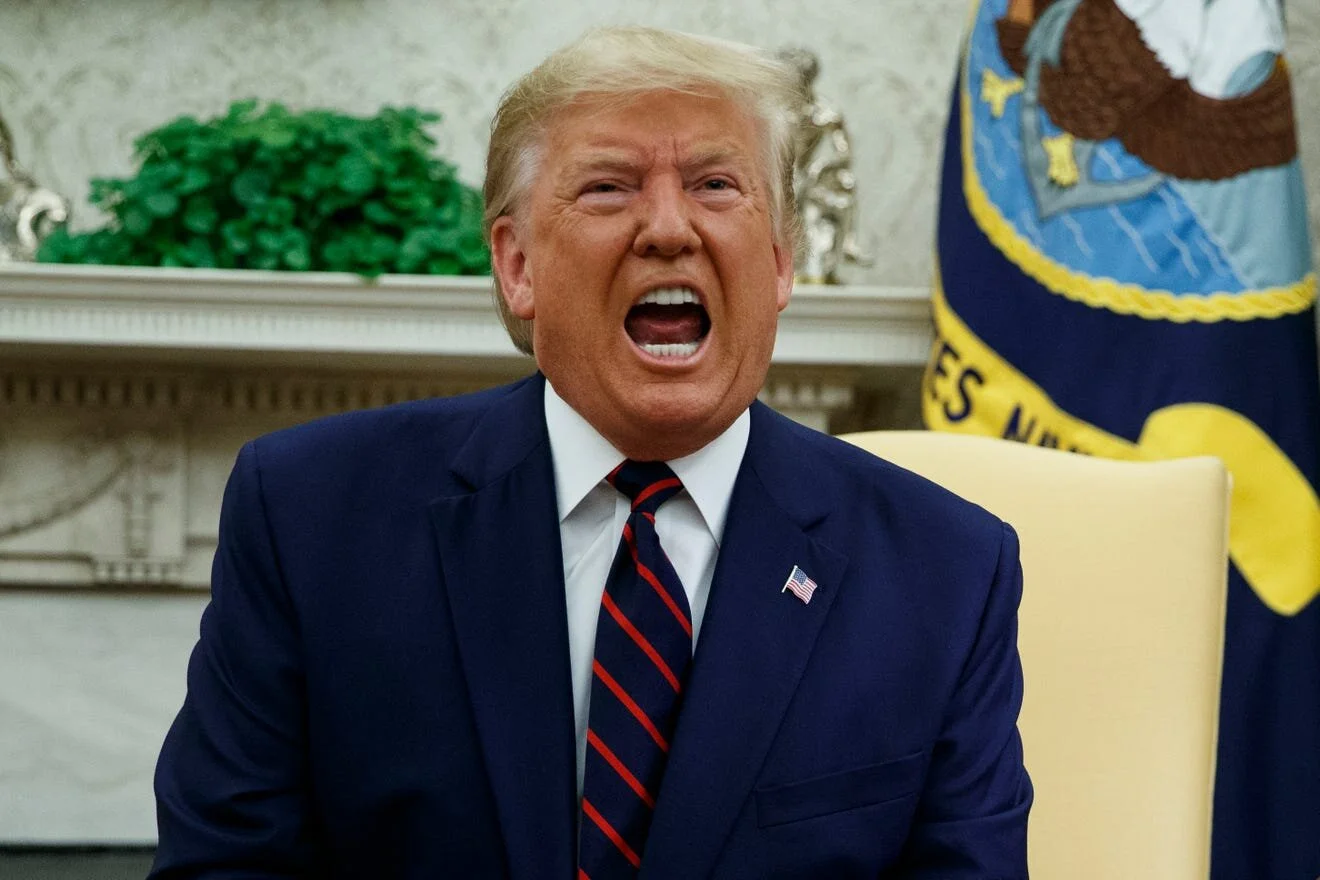Can Trump’s Refusal to Accept Results Really Threaten Election Legitimacy?
President Trump could potentially refuse to accept the results of the election, but many cards would have to fall in line before he could actually overturn a result. Source.
In the first presidential debate, Trump refused to say whether he would accept the results of the election if he were to lose come November. He plainly stated that he “can’t go along” with a result from mail-in ballots. Additionally, Trump said he will be counting on the Supreme Court to look at the ballots. He went on to insinuate that he may not “need” the Court to settle the election. These turns of phrase only serve to confirm his expectation that the Court will help him remain in power if he loses, but that he won’t take it to the Court if he wins.
Trump could theoretically bias the election on November 3rd if he could convince Republican state legislatures to appoint pro-Trump electors to the electoral college. These electors could then vote for Trump despite the popular vote. There is no federal law that requires electoral votes to go to the candidate that receives the plurality in each state. Although Washington DC and 26 states bind their electors to vote for their promised candidate, there are 24 other states that allow faithless electors, which is to say electors who vote in spite of instead of in line with the citizen voters of the state.
This may seem far-fetched, but some Republicans have already claimed that the potential for fraud through mail-in ballots is a justification for appointing pro-Trump electors in any case, even faithless ones. One of Trump’s legal advisors suggested the Trump campaign, on November 3rd, might say, “we don’t think the results of our own state are accurate, so here’s our slate of electors that we think properly reflect the results of our state.” By casting doubt on the legitimacy of mail-in votes, Trump has opened the possibility of using this mechanism to remain in power.
State legislatures cannot appoint pro-Trump faithless electors unless they pass a law that allows for the appointment of electors by the legislators. In the 1932 Supreme Court case Smiley v. Holm, the Court ruled that a state legislature cannot pass such a law without a gubernatorial signature. In the face of this election; however, there is a possibility that a new case may make its way to the Supreme Court. Trump has said he expects the Court to help him remain in office. It is possible that the Court and the newest addition to the Court, Justice Amy Coney Barrett, may alter precedent and grant state legislators the power to appoint faithless electors.
If Trump continues to insist that mail-in ballots are fraudulent and the Republican Party backs his claims, they have the ability to challenge election results through lawsuits. In Pennsylvania, the Trump administration won a state Supreme Court case regarding ballots sent in without a secrecy envelope. Both parties suspect that discarding these “naked ballots” will disadvantage Democrats more than Republicans because more Biden supporters are expected to vote more by mail. This case alone could lead to as many as 100,000 votes being discarded in a state that Trump only won by 44,000 votes in 2016.
If mail-in ballots are decisive in this election, it is likely that the Trump campaign will file additional lawsuits to disqualify mail-in ballots. If this is the case, the election will not be determined by voters, but by the Supreme Court — as Bush v Gore was decided in 2000. This case was not decided based on legal reasoning but by the 5-4 partisan split in which conservative justices elected Bush for political reasons. Trump has already said, “I think this will end up in the Supreme Court, and I think it’s very important we have nine justices.” The Court already leans conservative and Justice Barrett will only make it more likely that if the election is determined by the Court, Trump will be reelected.
These scenarios are possible, but also unlikely — especially because they rely on a close election. As of October 29, FiveThirtyEight’s national polling average has Biden up by an average of 8.8 points, a much more significant lead than Clinton had in 2016. And although a landslide Biden win is not certain, Trump’s apparent strategy depends on the courts supporting him for purely partisan reasons, but this may not be the case. Because mail-in ballot fraud is astonishingly rare, a court ruling that throws out enough ballots to swing the election to Trump may become even more partisan than Bush v. Gore, and the current justices may decide that a Trump reelection is not worth risking the legitimacy of the Court.

